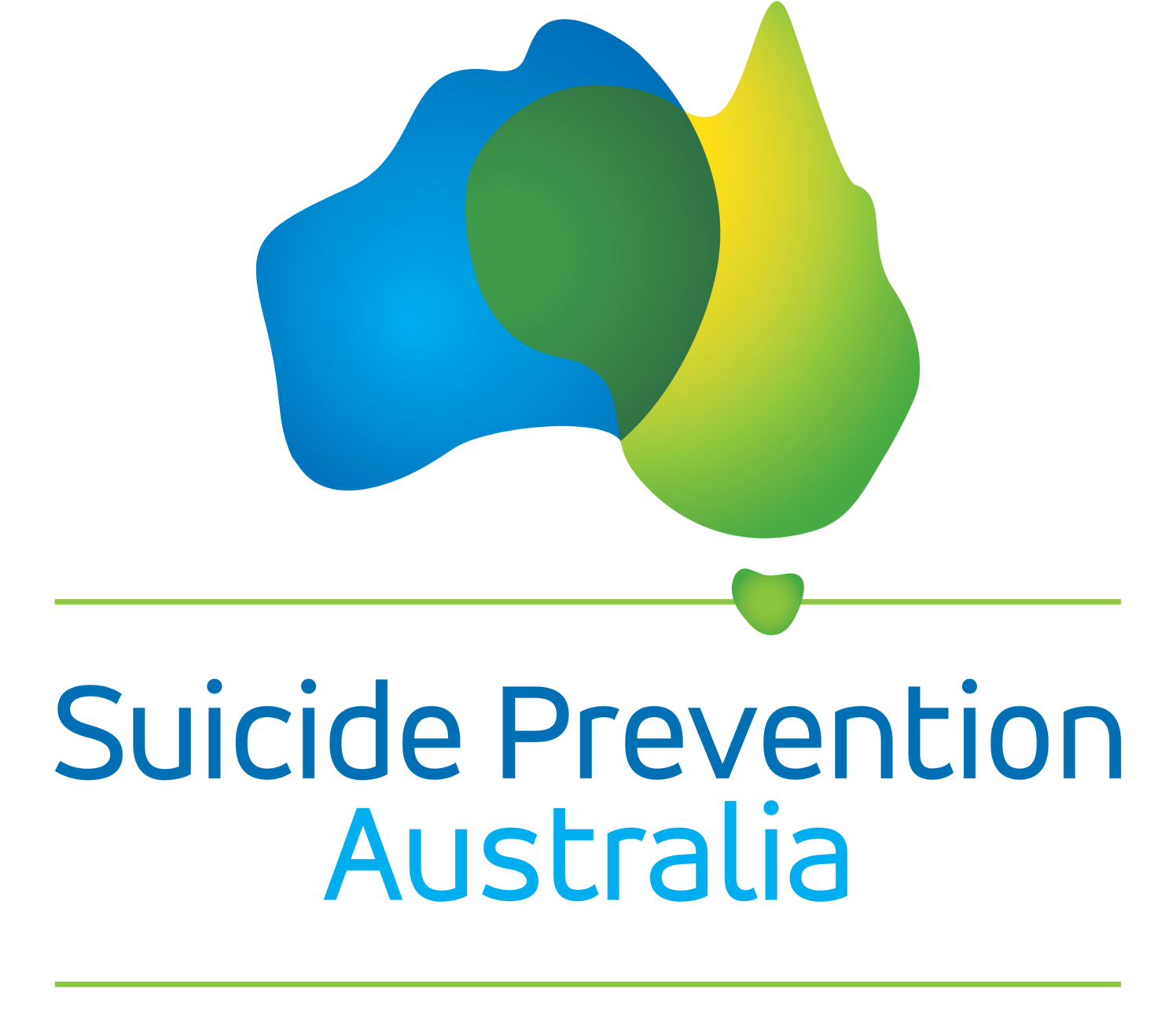The latest report from the Australian Institute of Health and Welfare (AIHW) has reinforced the urgent need for a national suicide prevention act, after it confirmed high levels of distress in our community as we emerge from the COVID-19 pandemic and consecutive natural disasters.
The AIHW biennial Australia’s Health report provides the most comprehensive overview of our country’s health and wellbeing. The 2022 report revealed:
- Over one in ten (11.6%) Australian adults reported experiencing severe psychological distress this year – well above levels before the pandemic (8.4% in February 2017).
- For younger people (aged 18–44) in particular, average levels of psychological distress were higher in 2020, 2021 and early 2022 than they were before the pandemic.
- Young women are presenting to emergency departments at record levels with nearly two-thirds of people (63%) hospitalised for intentional self-harm injuries were female.
Suicide Prevention Australia CEO Nieves Murray said, “This detailed report underlines the need for suicide prevention to be a key priority of the new Albanese Government.
“To date, suicide deaths have remained stable yet the demand for crisis services and emergency department presentations for suicidal ideation, self-harm and suicide attempts remain high.
“What we’re seeing is high rates of distress in our community, particularly in young people.
“With rising cost of living and mortgages set to increase financial, housing and relationship stress, it’s critical the Federal Government urgently focuses on suicide prevention to keep suicide rates from rising during this challenging time.
“As the AIHW acknowledges in this latest report, the social determinants of health have an important influence on health inequities and can have a direct impact on an individual’s health and wellbeing,” said Ms Murray.
Social determinants are the conditions in which people are born, grow, work, live, and age, and the wider set of forces and systems shaping the conditions of daily life (AIHW, 2022). Examples of social determinants that impact on suicide include childhood abuse, addiction, bereavement, financial crisis, insecure housing, social isolation and more.
“This is exactly why Suicide Prevention Australia is calling for the Australian Government to pass a National Suicide Prevention Act.
“An Act would ensure that every government department, whether it’s housing, education, social security or health, must look at their policies and priorities through a suicide prevention lens. This is a critical step in protecting our community at a time when it’s needed most.
“We are at a critical time for suicide prevention. We need a whole-of-government, not just a mental health approach to suicide prevention.
“We know the risk of suicide rates are often highest two to three years after a crisis, pandemic or natural disaster. We know there’s record levels of distress across our community. The decisions we make now will help to reduce distress in our communities.
“It’s important to remember help is always available no matter who you are or what situation you are in. You do not have to go this alone. If you are feeling distressed, please reach out and access the various support services that are available,” said Ms Murray.
-ENDS-
To get help 24/7, phone Lifeline on 13 11 14 or the Suicide Call Back Service on 1300 659 467. If you or someone you know are in immediate danger, phone 000 for emergency services.
Help to report about suicide safely is available online: Go to https://mindframe.org.au/
Media enquiries:
Clare Kinsella 0427 689 689 or clarek@suicidepreventionaust.org
Amelia Hew 0410 591 134 or ameliah@suicidepreventionaust.org
About Suicide Prevention Australia
Suicide Prevention Australia is the national peak body and we’ve been providing support for Australia’s suicide prevention sector for more than 25 years. We support and advocate for our members to drive continual improvement in suicide prevention policy, programs and services. Our reach is broad, including member organisations, governments, businesses, researchers, practitioners and those with lived experience. We are focused on an integrated approach to suicide prevention encompassing mental health, social, economic and community factors. We believe that through collaborative effort and shared purpose, we can achieve our vision of a world without suicide.
